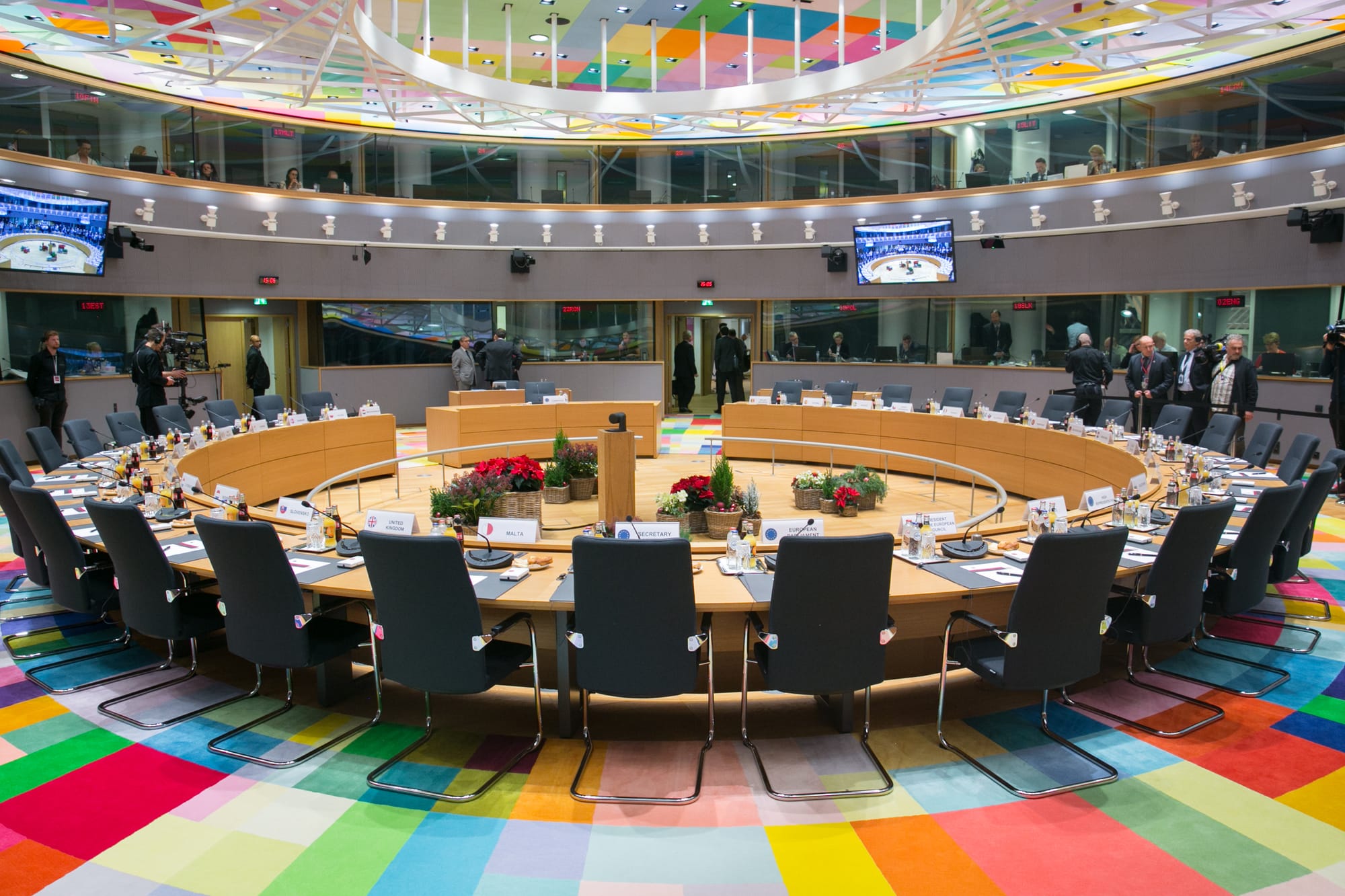What happened at the TTE-Council? Cyber, conclusions on the EU's digital infrastructure needs, Polish priorities
The TTE Council approved conclusions on the EU's digital infrastructure needs but expressed caution about merger rules, fair competition, and dispute resolution changes, stressing that decisions must be evidence-based and carefully analyzed.

Last week, European ministers gathered in Brussels for the Transport, telecommunications and Energy (TTE) Council which approved the conclusions on the Commission's White Paper 'How to master EU's digital infrastructure needs', approved conclusions to strengthen the EU agency for cybersecurity (ENISA) and had Polish Presidency's priorities presented to them.
While various groups celebrated the adoption of the conclusions for the Commission's white paper, we must carefully read the document - EU Member States remain moderate about the proposals, and any significant action will require strong evidence to justify its necessity.
Not so fast: new dispute resolution mechanisms, level playing field, easier mergers (thorough analysis needed)
In the conclusions for the Commission's white paper on the EU's digital infrastructure needs, Ministers essentially refrained from giving an immediate "yes" to the Commission's vision, which includes, among other things:
- changing dispute resolution mechanisms and potentially introducing network fees in the future;
- establishing a so-called 'level playing field' between the telecommunications and digital services sectors by extending telecommunications rules to digital service providers;
- relaxing competition rules to help European mobile operators scale more effectively;
Denmark, Czechia, and Latvia emphasized the need to ensure competitive ecosystem, while Slovenia, Finland, Croatia, Sweden (and Latvia) asked for any future decisions to be strongly based on evidence and thorough analysis.
The Council's conclusions express a modest opinion on promoting a 'level playing field,' questioning the Commission's wish to extend telecommunications rules to the digital services sector, emphasizing the potential effects on net neutrality, the functioning of the internet ecosystem, and other related aspects
NOTES the considerations in the White Paper on the promotion of a level playing field, but CONSIDERS that it requires further analysis whether and to what extent players of a converged ecosystem could fall under the same rules applicable. STRESSES the importance of net neutrality and of a functioning internet ecosystem, and that contractual freedom should be upheld as one of the primary principles, while keeping regulatory intervention at minimum level.
RECOGNISES that connectivity and computing are converging, and players from different segments of the value chain would work best together on a level-playing field. However, this does not necessarily imply that the same regulations should apply to them, since this depends on their activities across the value chain. CALLS on the Commission to assess if effective competition is stifled and to propose possible solutions where necessary and appropriate, including to reduce administrative burden.
Furthermore, the Council made it clear that it does not want the EU to make quick decisions regarding easier mergers in the telecommunications sector without considering the current ecosystem and its benefits for consumers:
HIGHLIGHTS that the current European electronic communications landscape is the result of historical and geographical circumstances, which should be factored in when undertaking actions to effectively increase competitiveness.
UNDERLINES that the White Paper mentions the emergence of pan-European operators without considering its impact on the competition of the markets of individual Member States and operators that are unable to operate on a pan-European scale. STRESSES that operators of all sizes should have business opportunities in the single market and be able to benefit from and contribute to effective competition. ENCOURAGES the Commission to further investigate to what extent opportunities for cross-border operation and service provision can effectively address the investment challenges identified in the White Paper at
European level, but also how other instruments (such as ex-post control or industrial policy measures) could stimulate investments in the EU digital/electronic communications sector and what would be the impact on consumer welfare.
The Council has also expressed a desire not to move forward with new initiatives regarding internet protocol interconnection dispute resolution mechanisms, stating that the existing ones function well and potential future action should be carefully weighed:
NOTES the proper functioning of the Internet Protocol (IP) interconnection market in the EU and ACKNOWLEDGES the experience of national regulatory authorities in handling dispute resolution matters. In case of future deficiencies of this market, STRESSES the importance of a comprehensive, thorough analysis and impact assessment as foundation for any mitigating initiatives, including a dispute resolution mechanism. Any potential measures should be in line with the open internet principles
Polish Presidency's priorities
We wrote about Polish Presidency's priorities in the past, however, last week Poland has officially presented them to the public, adding layers to previous more and less formal statements.
The first big priority for Poland will be cybersecurity. Poland will focus on these initiatives:
- Cyber Blueprint update
- Civilian-military cooperation
- TTE's Informal council, dedicated fully to cybersecurity
- Further investment boost in cybersecurity
The second priority is artificial intelligence, including AI application in industry and public administrations. The sub-priorities include:
- AI Factories initiative
- AI in public administrations and SMEs
- Apply AI strategy
- EU Cloud policy
The third priority the European businesses should be happy about is legislative simplification and reduction of administrative burden:
- Simplification, focus on harmonization and exchange of best practices
- Lessening the administrative burden, in particular promotion of single entry point for notifications

